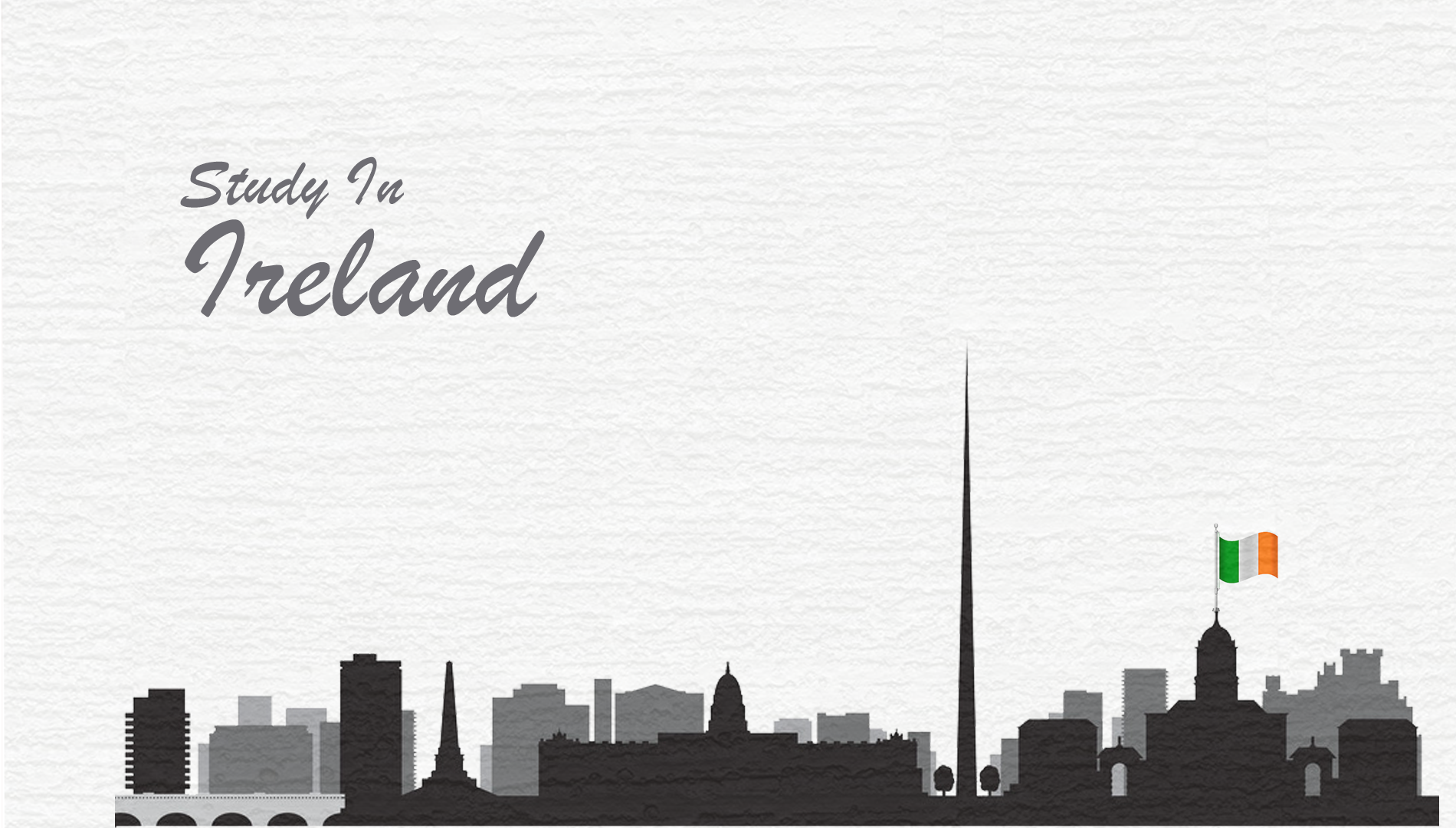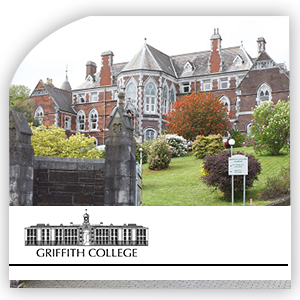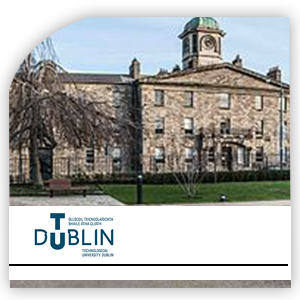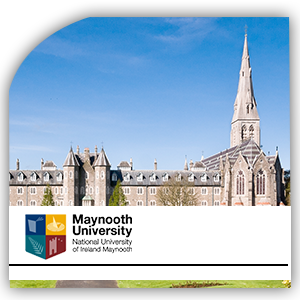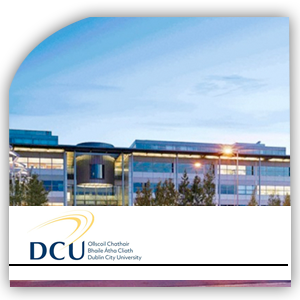Study in Ireland
Ireland has 9 Universities in total with 7 Universities in the Republic of Ireland and 2 in Northern Ireland.
Across all of these institutions you will find a range of degrees similar to those in other popular study abroad destinations, including Bachelors, Masters and PhDs/doctorates. Ireland has been increasingly popular with the international research communities as the Irish government have invested significant funds into research and development in recent years.
The oldest University in Ireland is Trinity College Dublin which was founded in 1592. The largest University in Ireland is University College Dublin, which has over 20,000 students across it’s 35 schools.
Ireland has 9 Universities in total with 7 Universities in the Republic of Ireland and 2 in Northern Ireland.
Across all of these institutions you will find a range of degrees similar to those in other popular study abroad destinations, including Bachelors, Masters and PhDs/doctorates. Ireland has been increasingly popular with the international research communities as the Irish government have invested significant funds into research and development in recent years.
The oldest University in Ireland is Trinity College Dublin which was founded in 1592. The largest University in Ireland is University College Dublin, which has over 20,000 students across it’s 35 schools.
Ireland is one of the world’s friendliest countries, in fact it has been awarded this accolade twice in recent years by the travel guide company Lonely Planet.
Degrees from Irish Universities are recognised internationally so you can be assured your future employer will respect the addition in your experience. Ireland has been chosen by some of the world’s largest technology companies as their European base, these companies include Google, Facebook, Apple and Intel. In many cases across the world, large companies work alongside nearby Universities to develop their courses and provide qualifications that better match the needs of the employer – all of which increases the value of your degree.
Whilst studying in Ireland on a course of NFQ Level 7 (Bachelor’s Degree) or above you are permitted to participate in part-time work for up to 20 hours a week during term-time and 40 hours per week during holiday time. Specific restrictions exist on working while studying so please check these with the embassy or your chosen institution before travelling. You are not allowed to stay in the country to pursue employment opportunities but you can sometimes extend your stay to study a further degree.
Precisely how much you will need will vary depending on where you are studying in Ireland, on the type of accommodation you choose and, of course, on your own personal lifestyle. But, on average, we estimate that a student will spend between €7,000 and €12,000 per year.
Ireland’s weather is never boring or predictable. Dancing in the rain, blowing in the wind, but all the time, the sun is never far away!
Our climate can be summed up as being mild, moist and changeable with abundant rainfall and a lack of temperature extremes. You can experience all four seasons in the one day, if you’re lucky!
Climate in IrelandBecause the island is hugged all year round by the warm influence of the Gulf Stream, Ireland is much warmer than other countries that share its latitude. The Gulf Stream also ensures that the Irish coastline remains ice-free throughout winter.
Extreme winters are rare, and you’re more likely to encounter a warm glow than a frosty reception, with average winter temperatures of between 40°F/5°C and 46°F/8°C.
Summer temperatures are generally between 60°F/15°C to 70°F/20°C. One thing that is more than probable is rain – that’s what makes our grass so green, so don’t forget to pack your rain gear and a woolly jumper!
Ireland is one of the world’s friendliest countries, in fact it has been awarded this accolade twice in recent years by the travel guide company Lonely Planet.
Degrees from Irish Universities are recognised internationally so you can be assured your future employer will respect the addition in your experience. Ireland has been chosen by some of the world’s largest technology companies as their European base, these companies include Google, Facebook, Apple and Intel. In many cases across the world, large companies work alongside nearby Universities to develop their courses and provide qualifications that better match the needs of the employer – all of which increases the value of your degree.
Whilst studying in Ireland on a course of NFQ Level 7 (Bachelor’s Degree) or above you are permitted to participate in part-time work for up to 20 hours a week during term-time and 40 hours per week during holiday time. Specific restrictions exist on working while studying so please check these with the embassy or your chosen institution before travelling. You are not allowed to stay in the country to pursue employment opportunities but you can sometimes extend your stay to study a further degree.

